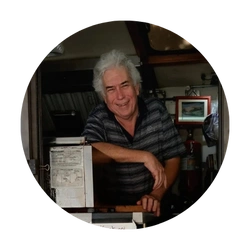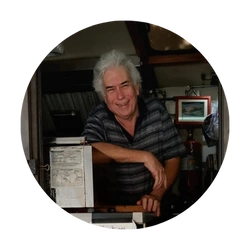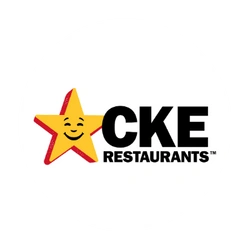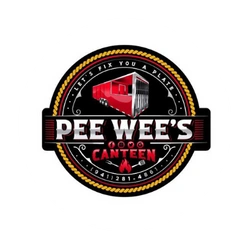-
Available 24/7
Cooking Oil Recycling in Florida

Why Florida Restaurants Trust Eazy Grease
Florida restaurants face strict health codes and hurdles with their cooking oil recycling effort — you need a professional grease solution that keeps you compliant, clean, and efficient. Eazy Grease helps you:
Whether you’re running a food truck in Miami or managing a resort on the Gulf Coast, Eazy Grease has you covered. Proper cooking oil disposal protects home plumbing and benefits local communities and neighborhoods by preventing sewage issues and unpleasant odors.
HOW OUR GREASE COLLECTION WORKS
1.We Install Free, Secure Storage Tanks
Choose from indoor or outdoor options — we’ll deliver and set it up for free.
2. Automated or Scheduled Pickups
We monitor your fill levels and pick up on a schedule that works for your kitchen.
3. 100% Sustainable Recycling
Your oil is safely processed and turned into renewable fuel — no spills, mess, or stress. Proper recycling helps prevent issues in the wastewater system and sewage lift stations.
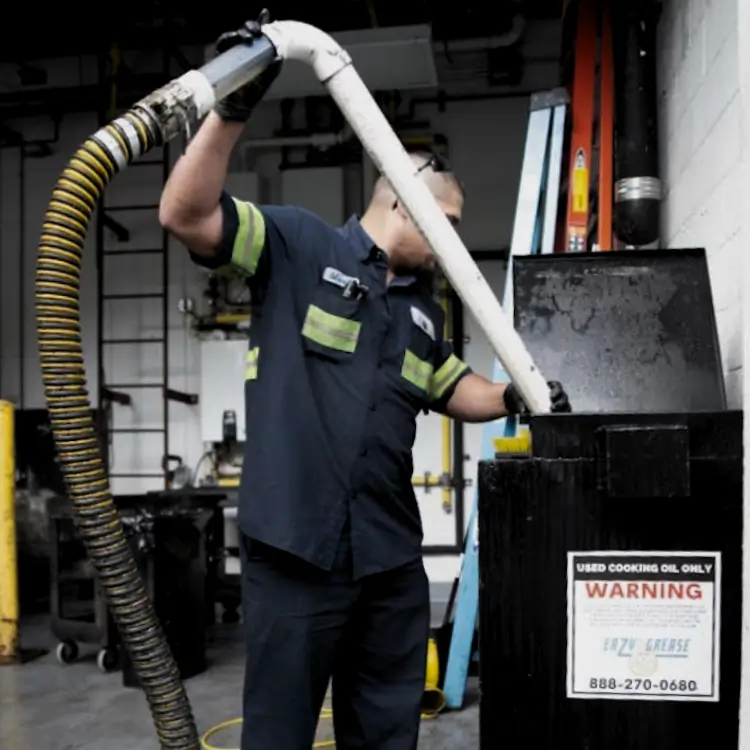

WHAT FLORIDA RESTAURANT OWNERS SAY ABOUT US

SERVICE AREA

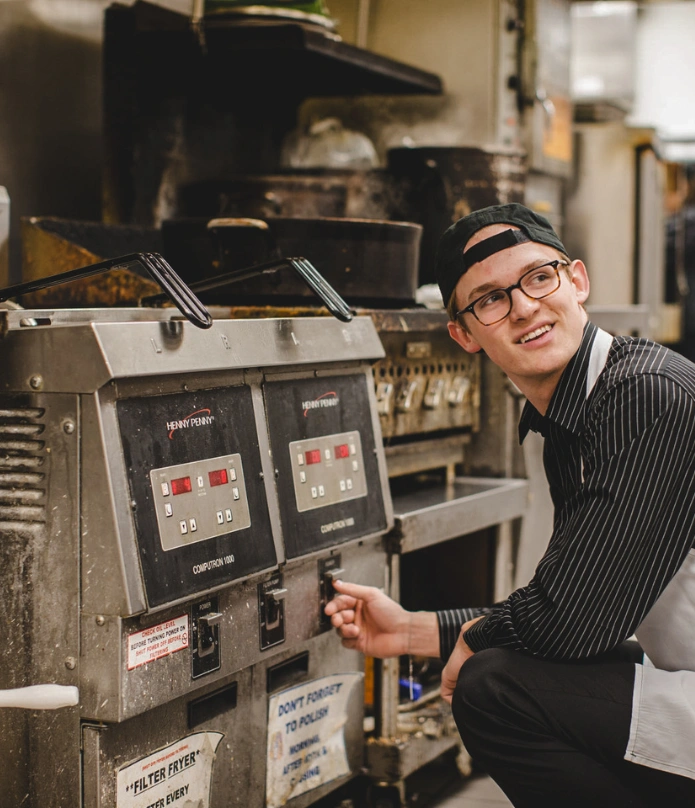
STOP WASTING TIME WITH UNRELIABLE COOKING OIL DISPOSAL SERVICES
Eazy Grease handles your cooking oil recycling effort professionally, locally, and consistently. Improperly disposed of oil on the ground can contaminate drinking water and harm aquatic ecosystems. Recycling used oil helps create a positive environmental impact by protecting these vital resources.
Get a Free Quote from Florida’s Used Cooking Oil Experts
We’re local, we’re fast, and we’re built for food-service businesses like yours.
📍 Recycling all of Florida

FAQS
No. All containers and installations are free of charge if you produce over 40 gallons a month.
We offer scheduled pickups based on your disposal volume, from weekly to on-demand. Proper disposal is crucial to preventing issues in the wastewater system and on the streets.
No, we only work with commercial and industrial customers. Most local municipal collection centers take in cooking oil and grease from homes, so check with your city if they have a safe location that would take your liquids and fats. We recommend storing it back in its original container or some sturdy plastic. Avoid disposing of it in your pipes or drains because if the oil is poured out like that, it will not mix well with your sewage lines, causing a backup that leaves foul odors and constricts water flow, which can be a serious problem. Always take your cooled cooking oil to a nearby collection center. It is important to contact local authorities for proper disposal methods.
Both! We work with single locations, chains, food courts, and everything else.
Look for brightly colored, free-standing cabinets at designated recycling stations. These are set up to help residents dispose of the cooking oils they use responsibly.



